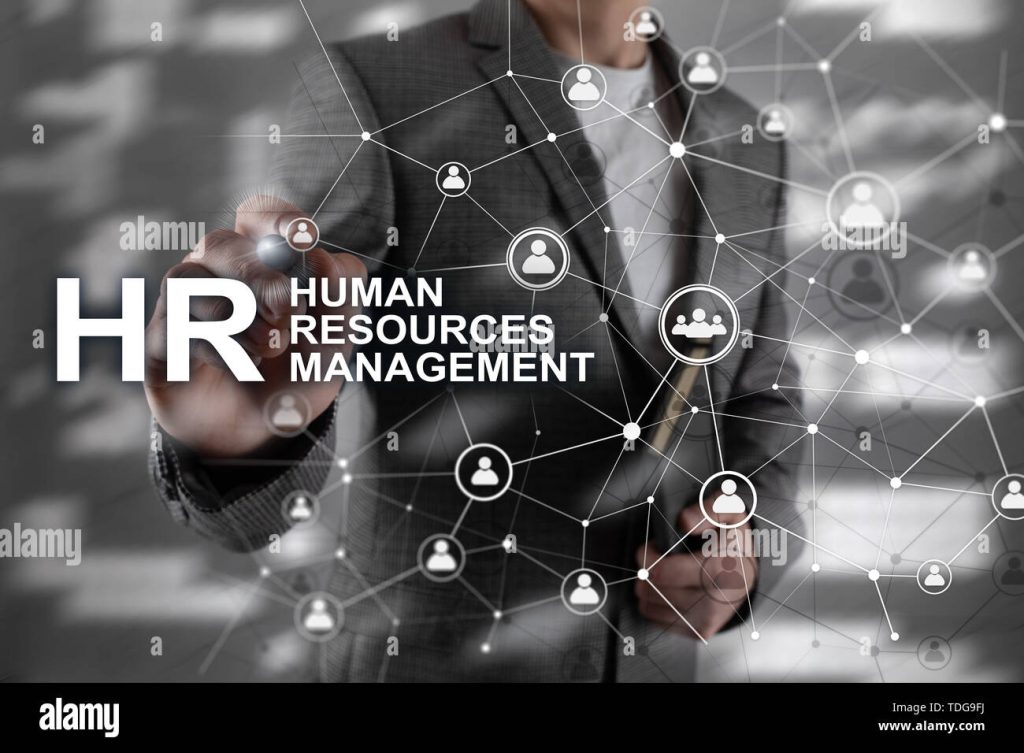
Human resource management (HRM) is a crucial organizational function that focuses on managing the most asset – people. It involves recruiting, selecting, training, developing, and retaining employees to achieve organizational goals. HRM ensures that the right people are hired for the right job and are motivated and engaged to contribute effectively to the organization’s success.
One of the critical aspects of HRM is recruitment and selection. This process involves identifying job vacancies, attracting potential candidates, screening applications, conducting interviews, and making final hiring decisions. Effective recruitment ensures that organizations have a pool of talented individuals with the skills and qualifications required for specific roles. Selection processes such as interviews and assessments help evaluate candidates’ suitability for positions based on their knowledge, experience, abilities, and cultural fit.
Once employees are hired, HRM focuses on their training and development. Training programs enhance employees’ skills and knowledge to perform their jobs efficiently. Development initiatives go beyond immediate job requirements by providing opportunities for personal growth and career advancement. These efforts benefit individual employees and contribute to organizational success by improving overall productivity.
Another critical aspect of HRM is employee engagement. Engaged employees are more committed to their work, display higher levels of motivation, exhibit greater loyalty towards their organization, and are more likely to contribute positively towards achieving organizational objectives. HRM practices such as performance appraisals, recognition programs, fair compensation systems, and work-life balance initiatives all foster employee engagement.
HRM also deals with employee relations which involve managing conflicts between management and employees or among co-workers. Effective communication channels must be established to handle grievances promptly while maintaining positive organizational relationships.
HRM is essential in ensuring compliance with labor laws and regulations governing employment practices, such as minimum wage laws or health & safety regulations. HR professionals must stay updated with legislation changes and ensure that organizations comply to avoid legal consequences.
Human resource management is a critical organizational function focusing on effectively managing people. It encompasses various activities such as recruitment, selection, training, development, employee engagement, and compliance with labor laws. By ensuring the right people are in the right roles and providing them with the necessary support and development opportunities, HRM contributes significantly to organizational success. Moreover, effective HRM practices create a positive work environment where employees feel valued and motivated to contribute to achieving organizational goals.
